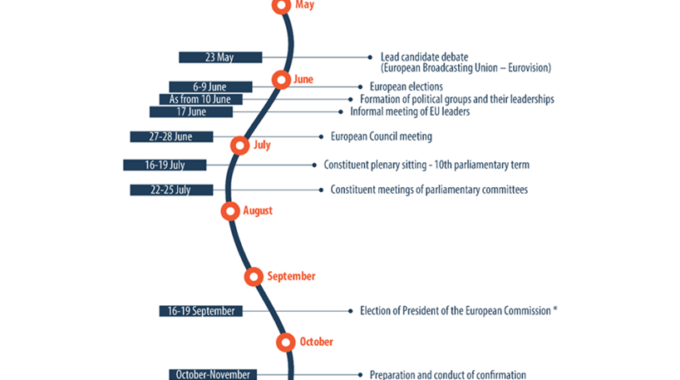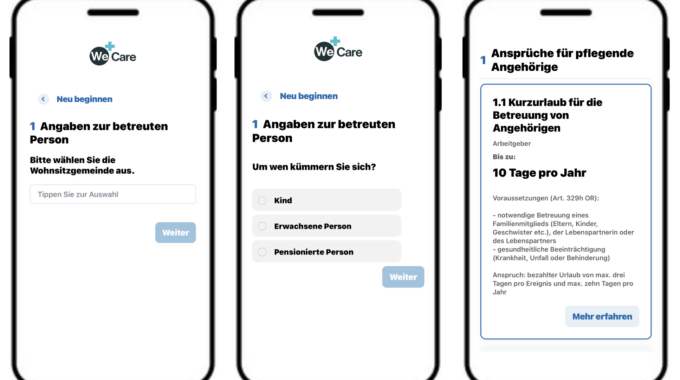
The European Child Guarantee shall be implemented in Sweden
The Swedish government has agreed on a national action plan to implement the European Council’s recommendations on a European Child Guarantee. The European Child Guarantee provides guidance and tools for the Member States to support children who are at risk of poverty or social exclusion.
The strategy aims to prevent and combat social exclusion of children in need by guaranteeing that children have access to a set of key services, such as early childhood education and childcare, education and school-based activities, at least one healthy meal each school day, healthcare, healthy nutrition and adequate housing.
The majority of children in Sweden have in theory access to these services, but some children also risk not getting access to the services. Children who experience social exclusion due to poverty, children with uncertain housing conditions and children with disabilities, are some examples of groups who are at higher risk of not being reached by the set of key services.
The Swedish Family Care Competence Centre was able to actively lobby the national contact person working with the Swedish ratification of the Child Guarantee, sharing with him the key research findings from the online survey study within the Eurocarers consortium EU Horizon 2020 “ME-WE” project to ensure that children as next of kin/young carers were included in the text as a potentially vulnerable group also deserving special attention. As a result, the national action plan clearly states that children as next of kin/young carers may also experience difficulty with accessing the set of key services:
“The needs of children who take responsibility and care for someone have received more attention during the last couple of years. Children who live in families with abuse, mental health problems, violence, severe disease or where someone dies, are at higher risk of negative outcomes related to their health, school and future work life”, Swedish national action plan, page 51, paragraph 1.6.4.
Lena Hallengren, Minister of Health and Social Affairs in Sweden, commented that it is an ambitious action plan that monitors children’s opportunities and rights,
– Even though Sweden to a large extent meets the requirements that are set in the European Child Guarantee, no child should have to end up in social vulnerability. Children’s actual access to housing, equivalent schooling and healthcare shall not be determined by place of residence, home conditions or what kind of needs they have, she says in a press release from the government.
Read The Swedish National Action Plan to implement The European Child Guarantee (In Swedish)
Text: Josefine Göransson, Elizabeth Hanson, Nka





